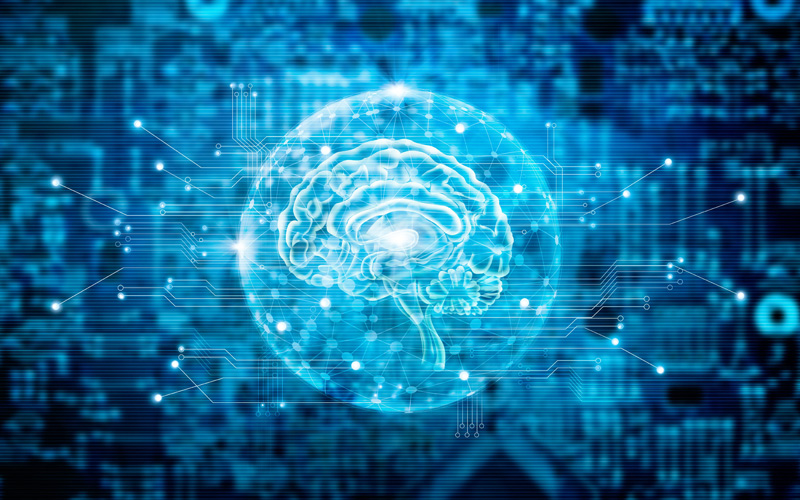
25th September 2017 Artificial intelligence for human age-reversal Molecular researchers from the University of Copenhagen have joined forces with an artificial intelligence company to fight premature aging.
The Centre for Healthy Aging at the University of Copenhagen has announced a research collaboration with a company specialising in artificial intelligence (AI) to develop solutions for preventing early aging. The aim of this partnership is to develop medicines to prevent and cure a broad range of diseases associated with aging. Alzheimer's, Parkinson's and cardiovascular diseases are strongly associated with aging and share many characteristics on the molecular level. Experts in the genetics of aging at the Department of Cellular and Molecular Medicine partnered with the Baltimore-based company, Insilico Medicine, specializing in AI to find molecules that can be developed into drugs to cure and prevent these diseases. The objective of this collaboration is to increase "health span" for everyone on the planet. "Many of the diseases of aging are associated with the failure of the DNA repair mechanisms," says assistant professor Morten Scheibye-Knudsen, Centre for Healthy Aging. "The aging processes accelerate as the DNA repair mechanisms lose function. Our collaboration with Insilico Medicine will allow us to find the molecules that repair DNA and prevent accelerated aging." Insilico Medicine is developing the advanced AI algorithms to study aging processes and discover potential new medical interventions. Many of the molecules being studied could induce the expression of certain genes involved in the endogenous repair processes to slow down and perhaps even reverse age-related diseases. By applying a specific branch of artificial intelligence called Deep Learning (DL) on multi-modal data, the company aims to discover the precise molecules that can stimulate the repair of DNA.
"Deep learning systems are outperforming human abilities in many tasks including image recognition and autonomous driving," said Alex Zhavoronkov, PhD, founder and CEO of Insilico Medicine, Inc. "But one area, where AI will have the most impact is drug discovery and we are deeply honoured to be able to partner with professor Scheibye-Knudsen's group at the University of Copenhagen, which is one of the most advanced in the world. I hope that together we will be able to find new molecules to extend healthy longevity and make humans more resistant to the various stress factors." At the advanced laboratories in Copenhagen, the research teams will test the molecules identified using the Deep Learning methods to select the most effective ones for joint development into novel medicines. "We hope that cooperation can lead to the development of new drugs that can prevent early aging, thus ensuring increased health spans for everyone," says Morten Scheibye-Knudsen. "If we can find molecules that repair our DNA, it is not inconceivable that we can increase the upper limit to how old we may be." ---
Comments »
|








